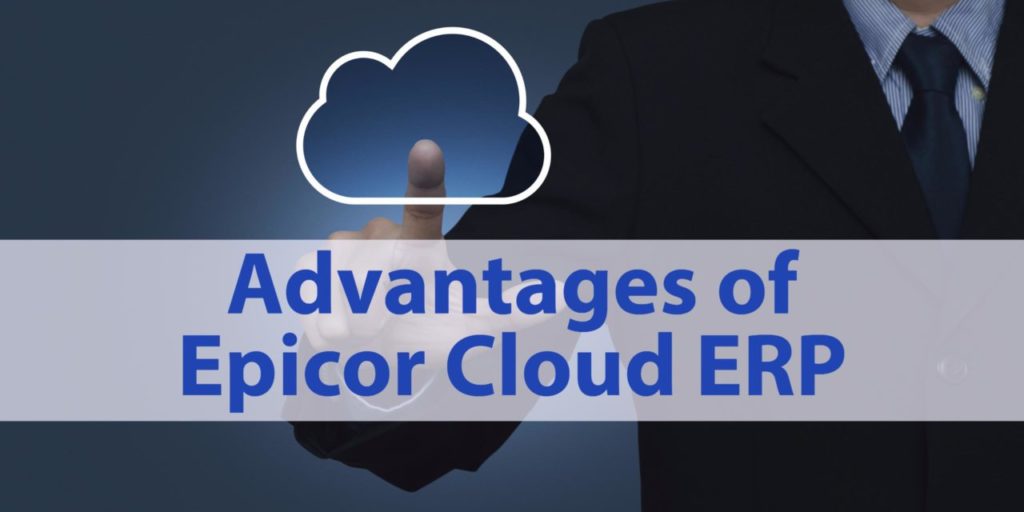Microsoft Azure: Game Changer for Epicor ERP
- Chicago
- Cleveland
- Cloud
- Cloud Computing
- Cloud Deployment
- Cloud ERP
- Cloud ERP Deployment Options
- Cloud Solutions
- Cloud Technologies
- Cloud-based software
- Enterprise Resource Planning
- Epicor
- Epicor 10
- Epicor 10.1
- Epicor 9
- Epicor Cloud
- Epicor Cloud ERP
- Epicor Consultant
- Epicor ERP
- Epicor ERP 10
- Epicor ERP 10.1
- Epicor ERP 10.2
- Epicor ERP Consultant
- Epicor ERP System
- Epicor Partner
- Erie
- ERP
- ERP Consultant
- ERP integration
- Hardware
- IL
- Illinois
- Indiana
- IT Consultant
- IT Consulting
- IT Department
- Meadville
- Microsoft
- Microsoft Azure
- Microsoft Office
- Milwaukee
- OH
- PA
- Pennsylvania
- Pewaukee
- Software
- WI
- Wisconsin
Microsoft Azure Blog Series
If you are like most organizations, you are still trying to understand all the hype behind the cloud and how cloud solutions can best benefit your business. The longer cloud computing is around, the more layers that it gains, making it even more confusing for businesses to navigate the waters. If your business has an Epicor ERP system, this article is going to help you understand some of the main benefits of moving your ERP system to the cloud. In addition to the fact that it offers you anytime, anywhere access to your Epicor ERP system without the reliance of a VPN.

- Scalability. This allows you to grow your system without the need to scale corresponding hardware and infrastructure investments. You will be able to properly manage your users subscriptions in times when they might fluctuate, such as during deployment or during seasonal times. Your will be ensuring that you always have the latest hardware and infrastructure software running, so all users regardless of when they started will be consistent.
- Reduced Total Cost of Ownership (TCO). Moving your Epicor ERP system to the cloud requires no capital expenditures, as no equipment needs to be purchased. This helps minimize the long-term investment for a new project and upfront capital outlay required to get new infrastructure in place. Operating expenses will also shrink since you will be moving your internal resources that are currently managing your on premise system to another area of your business. This isn’t even factoring in the decreased indirect cost associated with it.
- Security. Running your Epicor ERP System in the Microsoft Azure cloud gives your organization the security of Geo Redundancy. Geo redundancy will replicate your data and store this backup data in a separate physical location just in case one site fails. For example, your secondary geographical location, which stores your backup data, will not be affected in the event of a complete regional outage or disaster in your primary location. It can also scale it to planned uptime of 99.995%. 16 min a year of downtime is essentially what that equates to. You could never achieve this rate with an on premise system or through many other cloud providers. You will also be able to move portions of your Epicor system out closer to their users because we can relocate resources anywhere in the world. This will help with compliance issues you may be facing.
- Eliminate hardware. Can you image a life where you don’t have to worry about patching, faulty hardware, or network issues? Deploying your Epicor system using Azure Cloud will keep it continuously available during crashes and failures, and redirects traffic from troubled instances to ones that are running smoothly. Automatic operating system updates mean that your application is always highly secure, without maintenance windows or downtime. It also eliminates the need for any onsite hardware. This will allow for your organization to break out of the cycle where you buy hardware, it expires, you replace hardware, it expires again and so on and so on.
There are some specific benefits that running your Epicor ERP system in the Azure cloud can bring to your business. You will no longer be tied to your local provider and whatever that internet connection is like. You will also have easy integration with Office 365. This will allow for easier system sign on and better integrations with the applications you use most in your work day. 2W Tech is a Tier 1 Microsoft Certified Partner, giving us the ultimate access to Microsoft support. You will have the total support from both 2W Tech and Microsoft to keep your Epicor ERP system up and running. To learn more about moving your Epicor ERP system to the cloud, contact 2W Tech today and we will get started.
Read More:
Consumption Based Computing Model
Maximize Your Cloud Journey
Finding Success in the Cloud
Enjoyed reading this article? Click the button below to download this asset.